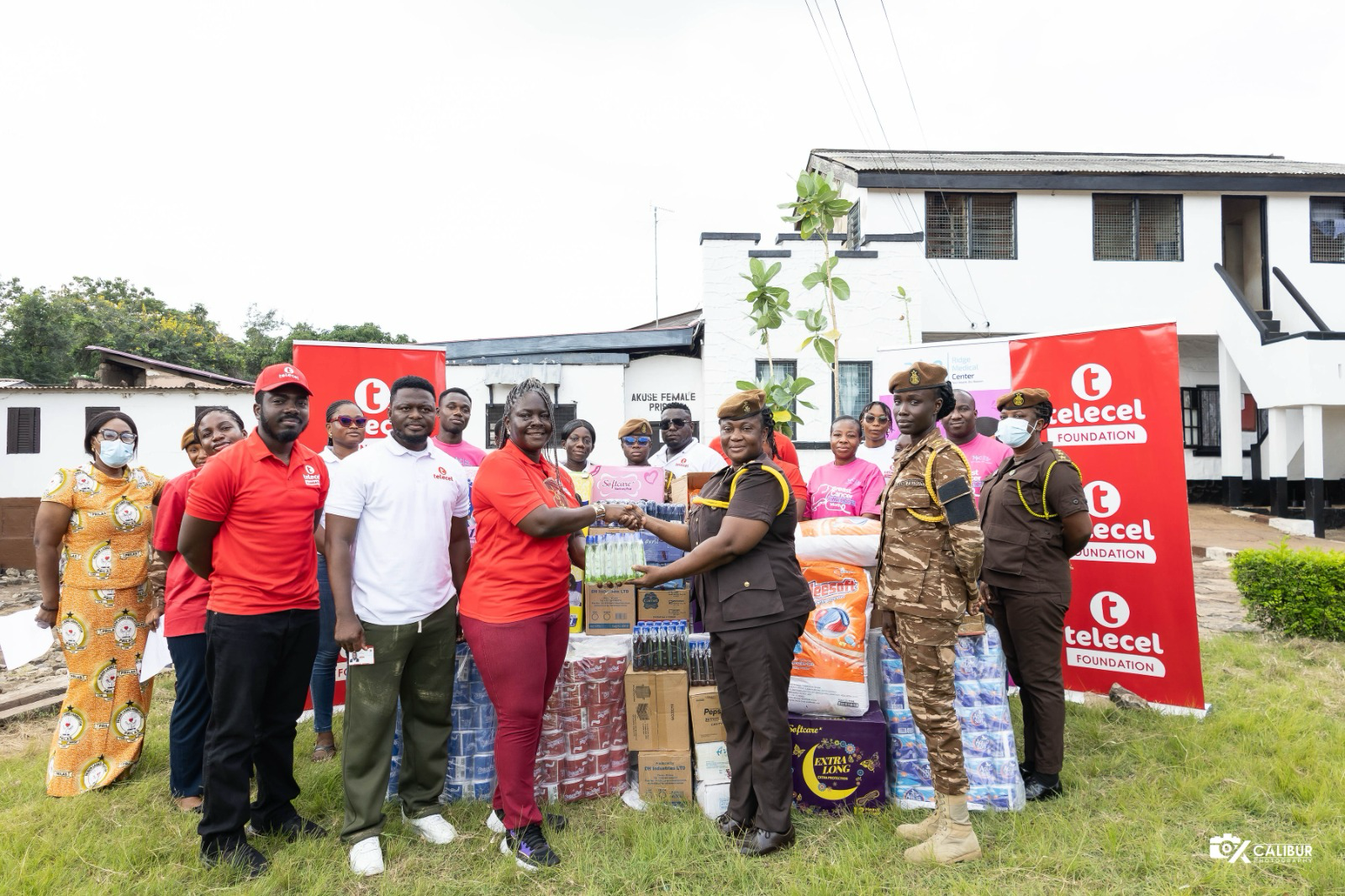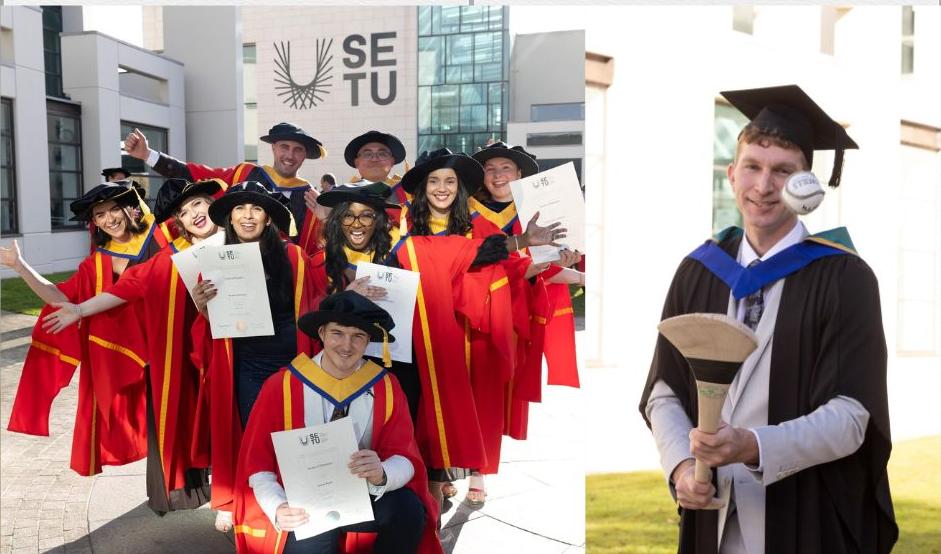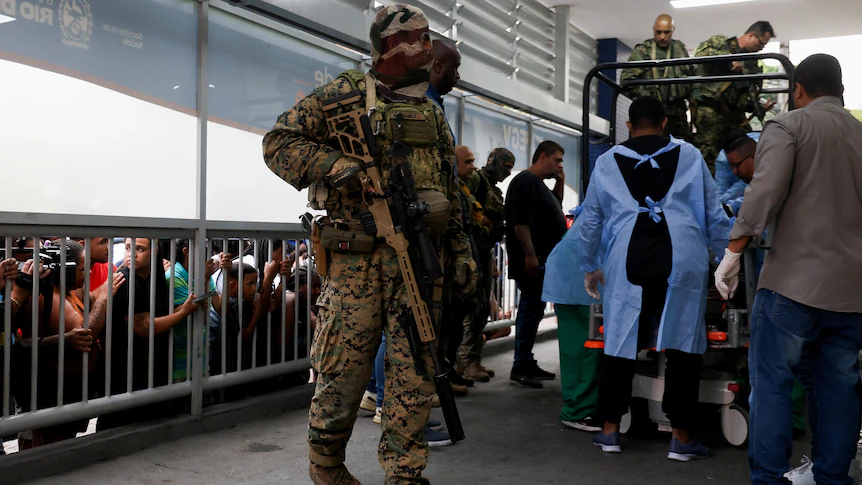Copyright CBS News

Some Texas school districts are holding Voter-Approved Tax Rate Elections (VATRE) in 2025, where voters will decide whether to approve a property tax rate increase. This increase would help fund day-to-day operations like teacher salaries, student programs, safety, and other operational costs. North Texas school districts holding VATREs include Bland, Carroll, Crandall, Denton, Garland, HEB, Northwest, Rockwall and Peaster ISDs. In Texas, school districts can only raise property taxes for these needs with voter approval. Here's a more detailed breakdown of what happens Why a VATRE is held: School districts might need additional funding due to rising operational costs, increased student enrollment, or cuts in state funding. A VATRE allows them to raise the local Maintenance and Operations (M&O) tax rate to meet their financial needs. The process: The local school board votes to place the VATRE on the ballot. If the voters approve it, the district can then increase its M&O tax rate up to a certain limit. This increase provides additional funding for the district's general operating budget. How school tax rates work Maintenance and Operations The first part is called the Maintenance and Operations tax. This part of the budget pays for the daily needs of the school district, like: teacher and staff salaries classroom supplies utilities Most of this tax rate is set by the state, but local school boards can access up to eight extra pennies, called golden pennies, which can bring in additional money for the district. To use them, voters have to approve them in a special election. If approved, those extra pennies would bring more money into the district each year to support teachers, staff, and students, and none of that money would be subject to the state's recapture system. Interest and Sinking The second part of the tax rate is Interest and Sinking, I&S. This money is only used to pay off debt for things like building new schools or making major repairs. By law, it can't be used for teacher salaries, classroom supplies, or everyday school expenses. The school board can either use this money to pay off the debt faster or lower the I&S tax rate, but it can't be used for regular school operations. School districts and property taxes If a district collects more local property taxes, it receives less state funding. If a district collects more than its entire budget from local property taxes, the state will recapture the additional money. When property taxes go up, the money isn't always reinvested in schools. Over the summer, the state legislature passed HB2, infusing $8.5 billion into public schools, but some school districts say that wasn't enough because half went to teacher pay raises. CBS News Texas spoke with Libby Cohen, the executive director of Raise Your Hand Texas, an organization that advocates for public education. We asked why school districts are doing this now, just as voters are also considering raising homestead exemptions, in an effort to lower their school property taxes. "It's important for viewers to understand what's happened in school funding, especially in the last five years," Cohen said. "So, as we've all experienced in our daily lives since 2019, inflation has been quite significant. And that's had serious impacts for school district operating budgets, just like our own personal budgets. And in order for school districts to have the same buying power that they had in 2019, this past legislative session, the legislature would have needed to have invested $19.6 billion into public education." "School districts are having to continue to make really difficult choices. Different school districts are handling that in different ways. We're seeing programs cut, we're seeing staff reductions, we're seeing campus closures all across the state. And, none of these decisions are easy for a school district, and all of them have a real impact on the students in those classrooms," Cohen added. Impact of VATRE on property taxes If approved, the VATRE could result in higher property taxes for residents of that school district. The exact impact depends on the tax rate increase, which varies by district. According to many districts, due to the continued tax rate compression, property tax rates will be lower in 2025 than in 2024, regardless of the outcome of the Nov. 4 election. Combined with the increase to the homestead exemption, most property owners are expected to pay less in taxes in 2025 compared to 2024, and many of the 17 Constitutional Amendments on the Nov. 4 ballot involve reducing your property tax bill. Republican State Sen. Paul Bettencourt of Houston told CBS News Texas the state is reducing the school property tax rate by $0.06. "It's your money. That's why you get to vote on homestead exemption increases. But at the same time, if you vote yourself a tax rate increase on a VATRE, it's going to cost you. Once that is increased, it sets in, and that's the permanent value that goes forward. So, make these votes and choose wisely," Bettencourt said in an interview with CBS News Texas. North Texas districts holding VATREs in 2025 Bland ISD Voter approval of an additional $0.08 on the M&O tax rate would generate $325,806 in local revenue, according to the district. For every $1 contributed locally, the state contributes an additional $2.96, generating $964,385.76, according to the district, totaling $1,290,192 in revenue to be used for M&O costs. Carroll ISD With the passage of VATRE, the M&O tax rate for the district will increase from $0.6669 to $0.6853. According to the district, the Carroll ISD Board of Trustees lowered the I&S tax rate from $0.2948 to $0.2441. Carroll ISD's total tax rate with the VATRE would be $0.9294, 3 cents lower than the 2024-25 tax rate, $0.9617. According to Carroll ISD, restructuring the local tax rate would generate approximately $4 million in funding for school district operations Crandall ISD Crandall ISD proposes a total tax rate of $1.1992, an increase of $.03. If approved, the district says the VATRE would bring in about $4 million in new annual revenue: $1 million from the local tax base and $3 million from the state. Denton ISD Denton ISD's current tax rate is $1.1569 per $100 property valuation. The VATRE would mean a 5-cent tax increase, making the rate $1.2069 per $100 assessed property valuation. According to Denton ISD, the increase could generate approximately $26 million for the M&O budget. Garland ISD If approved, the VATRE would make Garland ISD's tax rate $1.1709 per $100 valuation, an increase of 12 cents, generating approximately $56 million for the district's M&O budget. According to Garland ISD, the average monthly impact on a $400,000 home would be an additional $3.77 per month. HEB ISD HEB ISD proposed increasing the 2025 total tax rate to $1.0289, up from $0.9689 in 2024. The VATRE would include a 3-cent increase to the M&O rate. If approved, it would be nearly matched by additional funding from the state for a total of nearly $12 million, according to the district. Northwest ISD According to Northwest ISD, any property owner who lives within the district boundaries would pay 3 cents more per $100 of property valuation compared to if the election is not approved. If approved by voters, Proposition A would generate at least $12 million in new revenue. Peaster ISD If the tax rate passes, Peaster ISD would access three golden pennies, generating about $280,000 in local tax funding and nearly $600,000 in state matching funds, totaling approximately $880,000 in new operating funds for students and staff in 2025-2026. Rockwall ISD If approved, the VATRE would increase the district's total tax rate by a net 4 cents. Since 2016, the Rockwall ISD tax rate has decreased by 44 cents. According to Rockwall ISD, the average taxable home value in the district is $540,000. With the additional homestead exemption, the taxable value is $400,000. If approved by the voters, the VATRE tax impact would be roughly $13 per month. https://elections.cbslocal.com/CBS/ktvt/NOV_2025_VATRE.html



